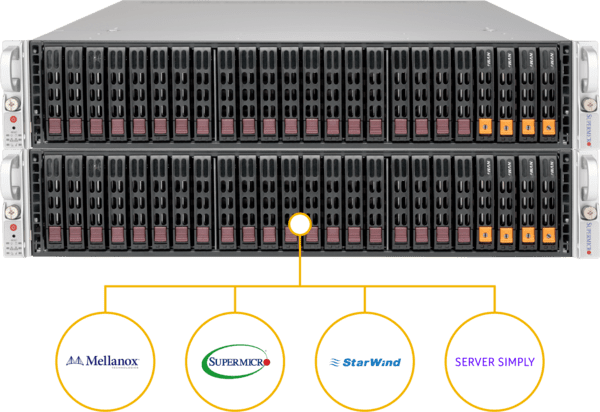
Also, from a business perspective, it may not be long before the risks of not managing data could far exceed the cost of fixing the problem. Most of these offerings are expensive and require multiple licensing to build a complete solution. However, classifying the colossal amount of legacy data and establishing a reasonable return on investment for more intelligent data management (SDS) can be a daunting task. Our solutions are catered with transparent licensing, proactive support on all stages and without any rigid HCLs.”Īccording to a recent study by MarketandMarkets, the SDS market is growing increasingly competitive and estimated to reach $ 22.56 billion by 2021. ”We focus on increasing a customer's ROI and lowering their TCO. To curb the current costs of acquisition and expenses associated with managing enterprise storage, organisations are breaking away from legacy systems and shifting to Software-Defined Storage (SDS). Additionally, with vendor lock-in coming into play, this cost can be crippling and detrimental to businesses, especially during scale downs.

As data storage issues become more complex, implementing an efficient data storage technology in place is critical for both an organisation's existing operations and future growth.įurthermore, physical storage is expensive to maintain organisations will need to purchase more storage every time they seek to grow their business.

Kolomyeytsev, CEO and Chief Architect The Enterprise storage, as we know it today, has evolved based on the limitations and challenges of existing physical storage technologies such as SAN and NAS.


 0 kommentar(er)
0 kommentar(er)
